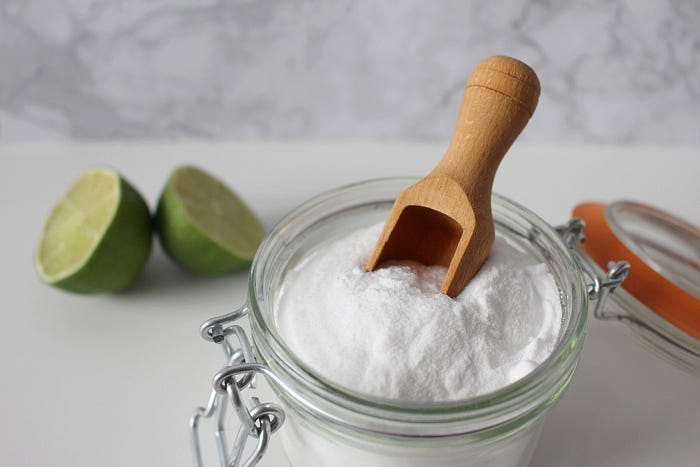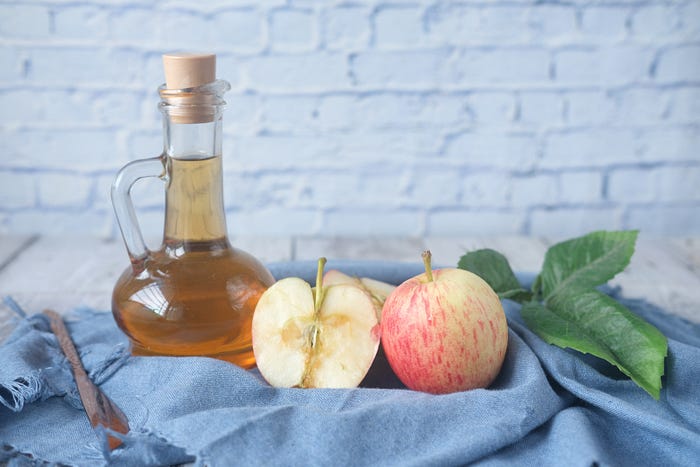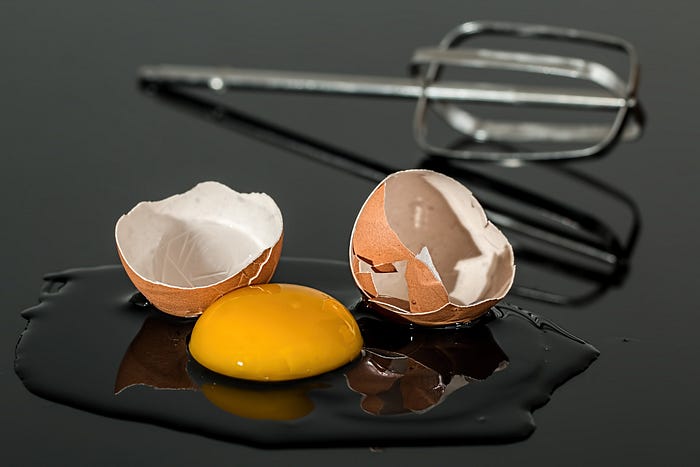Your routine for taking care of your hair must include shampooing your hair. No-pooing, or washing hair without shampoo, is a technique for cleaning hair with natural shampoo substitutes.
While the majority of you opt to use shampoo to wash your hair, did you realize that occasionally it can rob your hair of its natural luster? Shampoos have detergents in them that make cleaning your hair simple. However, some ingredients, such as harsh chemicals, can disturb the natural equilibrium of the scalp.
The good news is that you can still shampoo your hair. Natural shampoo substitutes might assist you in maintaining clean, wholesome hair.
Scroll down to learn about the potential risks of shampoos and find some natural hair-washing alternatives.
What Happens When You Wash Your Hair Without Shampoo?
Washing your hair, whether or not you use shampoo, is just as crucial as brushing your teeth or having a shower. Although you must wash your hair every day, you can choose how often based on the demands and kind of your hair.
Regular shampoos contain dangerous chemicals and sulfates as cleansing agents, which have the tendency to strip your scalp of its natural oils, therefore many people steer clear of them.
Sulfate cleans your hair follicles rather effectively, but it dries out your scalp. Natural shampoo substitutes enable you to gently clean your hair without endangering it.
What are the results of washing your hair without shampoo?
Absolutely, after giving it a no-poo wash, your hair will be clean.
The effects, though, won’t manifest right away. Don’t worry, it’s normal for your hair to feel a little greasy for the first two to three weeks. It doesn’t mean your hair is dirty, though. Shampoo disables several of your hair’s natural self-cleaning systems.
Since there have been showers, shampooing has been a standard part of shower time. That’s not hyperbole either; the first contemporary shower wasn’t created until 1767, more than 250 years after the earliest records of the usage of shampoo.
However, many shampoos remove the natural oils from your hair. Once you stop doing a poo, it takes these oils a few weeks to return to their optimal levels.
If shampoo works, why does the no-poo method exist?
People who swear by the no-poo method think that skipping shampoo is the best course of action for maintaining clean, healthy hair.
Many shampoos contain substances like sulfates and silicones that deplete your hair’s natural oils. Your scalp overcompensates by producing too much oil as a result. The no-poo theory contends that shampoo is unhealthy for hair because of this.
Every no-pooer has a unique motivation for doing so. Some people avoid shampoo because of conditions like allergies. Others simply want to try something a little different to see if they may achieve better outcomes. Because it can be extremely challenging to maintain frizzy, thick, or naturally dry hair using shampoo, the no-poo movement attracted a lot of followers.
5 Simple Ways To Wash Your Hair Naturally Without Shampoo

1. Baking Soda
The abrasiveness of baking soda might dry out your scalp. Because of this, using baking soda to treat a dry scalp is not recommended. However, baking soda will help remove additional sebum and leave your hair less greasy if you have an oily scalp. Baking soda and apple cider vinegar can help you manage your dandruff issues.
How to use baking soda to wash your hair
What you need
- baking soda
- bowl
- Apple cider vinegar
Step 1: Mix the baking soda with the water
- First of all, pour one tablespoon of baking soda into a bowl and dilute it with three full cups of water. To be able to use baking soda safely, you need to add lots of water. This is because baking soda contains a Potenz Hydrogen (PH) level of 9, which is too high for our natural hair which has a PH of 4.5–5.5. After mixing, you will get a cloud-like solution.
Step 2: Apply the mixture to your hair
- Next, apply the mixture to your hair and use it to wash your scalp for two minutes. Then rinse thoroughly.
2. Lemon Juice
Lemon juice also has a low pH and aids in restoring the equilibrium of natural hair. Additionally, it improves the condition of the scalp. It makes your hair strong and lustrous and can treat dandruff. It functions flawlessly as a natural degreaser when shampooing your hair. Lemon juice is also good for hair that is greasy or lacks volume. Its astringent qualities aid in clearing the scalp of extra oil and grime.
How to use lemon juice to wash your hair
What you need
- Lemon juice
- Water
Step 1: Mix lemon juice with water
- First of all, add 1 teaspoon of lemon juice to 1 cup of water and stir.
Step 2: Apply to hair and rinse
- Next, apply the mixture to your hair, leave it in for between 5–7 minutes, and rinse

3. Apple Cider Vinegar
The pH range of apple cider vinegar (ACV) is 4.5 to 5.5, which is similar to the pH of the scalp. This pH strengthens and restores balance in your hair. Additionally, it is thought that vinegar prevents bacterial infections that could otherwise result in scalp problems. Oily hair can specifically benefit from ACV. ACV in its pure form will harm your hair, though. Therefore, before applying it to your scalp, dilute it with a carrier oil.
How to use apple cider vinegar to wash your hair
What you need
- Apple cider vinegar
- Cups of water
Step 1: Mix the apple cider vinegar with water
- First, add two to three tablespoons of Apple cider vinegar to three or four cups of water. Stir the mix.
Step 2: Apply the mixture to your hair
- Next, apply the mix to your hair and leave it to sit for three to five minutes. Then Rinse thoroughly.
4. Bentonite Clay
Most of you probably believe that bentonite clay is only for use on the face. However, that is untrue. Bentonite clay is a magical component in face masks and an excellent hair cleaner. Your scalp can be cleaned of grime, grease, and dirt. However, bentonite clay somewhat more than rye flour strips the natural oils from your scalp. Even so, it is still considerably less damaging and abrasive than the chemical-filled shampoo you use every day.
How to use bentonite clay to wash your hair
What you need
- Bentonite clay
- Apple cider vinegar
- Water
- Plastic bowl
Step 1: Mix the bentonite clay and Apple cider vinegar
- Pour one and a half (½) cups of bentonite clay, one and a half (½) cups of apple cider vinegar, and one and a quarter (¼) cups of water into a plastic bowl. Stir until you get a smooth creamy texture.
Step 2: Apply to the hair
- Next, apply generously to your hair and leave it to sit for 10 to 15 minutes. Then, rinse thoroughly with warm water.

5. Egg Yolk
Egg yolk is an effective natural alternative to shampoo for hair washing. The yolk of an egg is rich in nutrients and vitamins such as vitamins A, D, and E, which are essential for healthy hair growth. It also contains biotin, which is known to strengthen hair and prevent hair loss. Additionally, the fatty acids in egg yolks can moisturize the hair and scalp, helping to prevent dryness and dandruff. Using egg yolk as a natural shampoo is a simple and inexpensive way to achieve healthier, shinier hair. It can help to repair damaged hair, add volume, and give hair a natural shine.
How to use egg yolk to wash your hair
What you need
- 1 egg yolk
- 1/4 cup of water
Step 1: Mix the egg yolk and cup of water
- Gather all the materials you need: 1 egg yolk, 1/4 cup of water, a bowl, a whisk or fork, and a shampoo brush or your fingers. Whisk the egg yolk and water together in a bowl until well combined.
Step 2: Apply to the hair
- Next, apply the egg yolk mixture to your hair and scalp. Gently massage your scalp to distribute the egg yolk mixture evenly. Leave the egg yolk mixture on your hair for at least 15 minutes.

